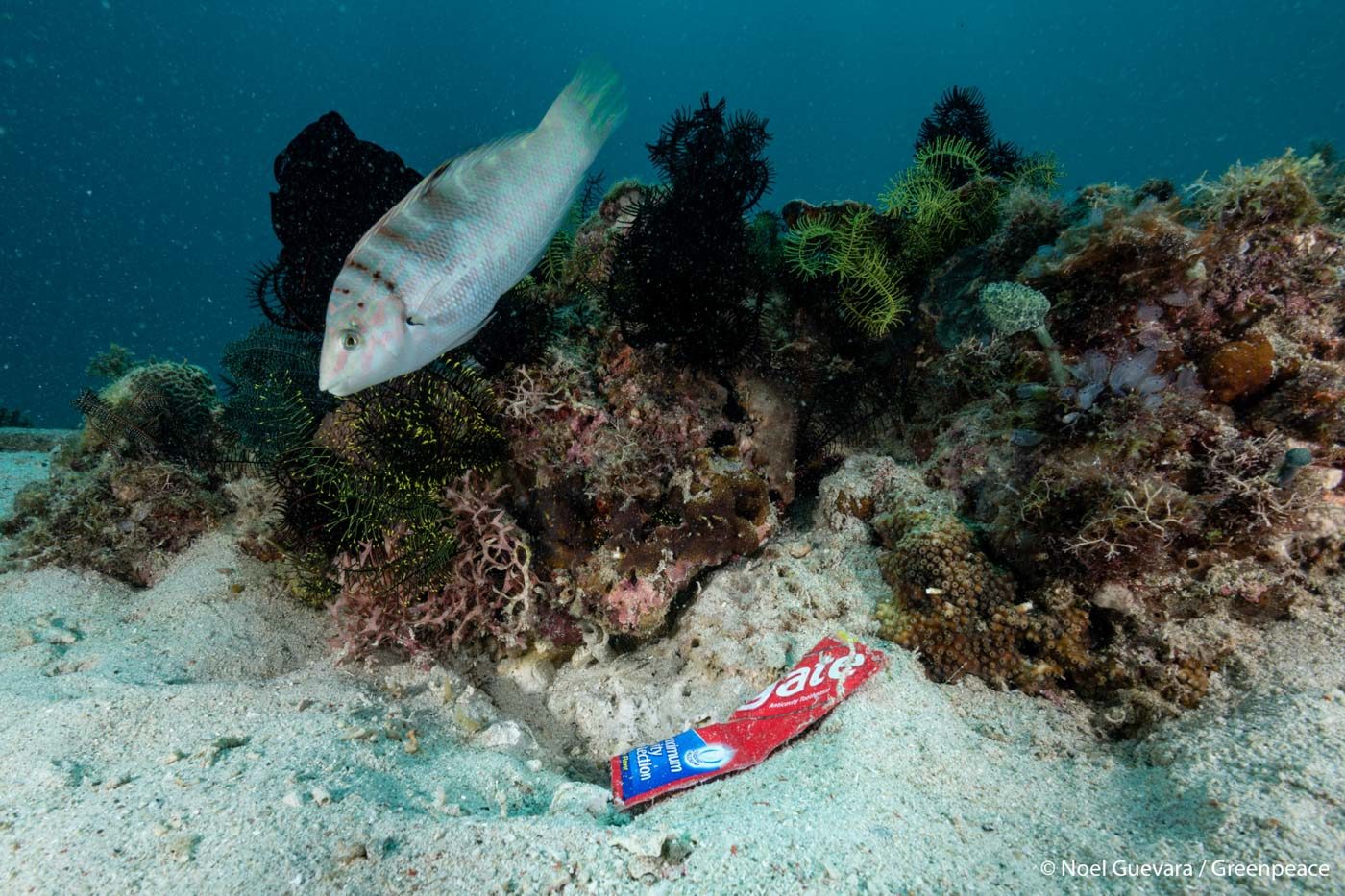SUMMARY
This is AI generated summarization, which may have errors. For context, always refer to the full article.

MANILA, Philippines – The World Bank Group said it would help the Philippines in its fight to end plastic pollution by supporting the development of policies and financing critical investments to curb the bane of marine and coastal resources.
Prior to this, World Bank portfolio manager Agata Pawlowska said during the Marine Plastics Conference in the Philippines on Thursday, April 4, that they have been working with both public and private sectors in Southeast Asia to address the problem of plastic waste.
“We have already mobilized teams to assist our client countries at the global, regional as well as national levels through different financing modalities and investments,” she added.
Just last year, World Bank launched PROBLUE, a multi-donor trust fund that will support any project addressing marine litter.
Pawlowska noted that some of the commitments under this fund has been allotted for East Asia, which has been identified as a priority region. However, the World Bank said that 5 out of the top 10 sources of pollution were countries from Southeast Asia.
The Philippines is among the top 5, and also ranks as the “3rd highest rate of mismanaged plastic waste worldwide,” Pawlowska said. (READ: ‘Drastic solutions’ needed to fight plastic pollution – groups)
“The Pasig River and Manila Bay have been identified among the water bodies around the world that need rehabilitation most urgently,” she added.
World Bank senior environmental specialist Katelijn van den Berg said that they will be providing support in the following areas:
- Research on plastic waste quantities, sources, types and impacts
- Development of plastic policies and investments, and
- Development of a plastic action roadmap
Van den Berg added that there was a need to measure the accurate amount of plastic waste in the country in order to develop effective policies and investments.
Before World Bank announced its intention to give aid, the government has also been working on cleaning the water quality of Manila Bay, as well as the rivers and estuaries that lead to it. –Rappler.com
Add a comment
How does this make you feel?
There are no comments yet. Add your comment to start the conversation.